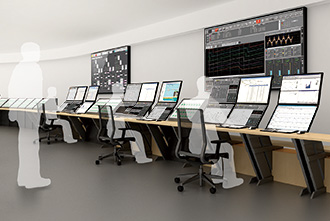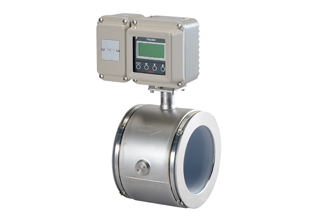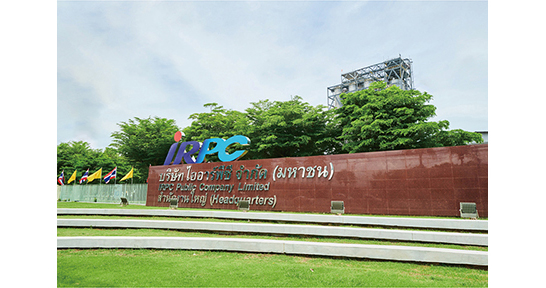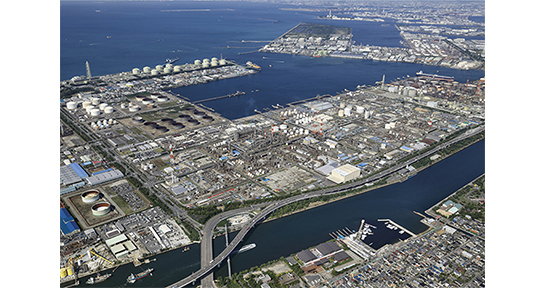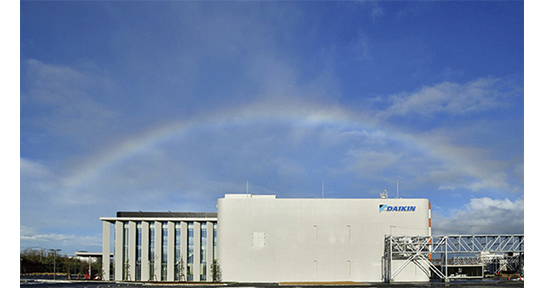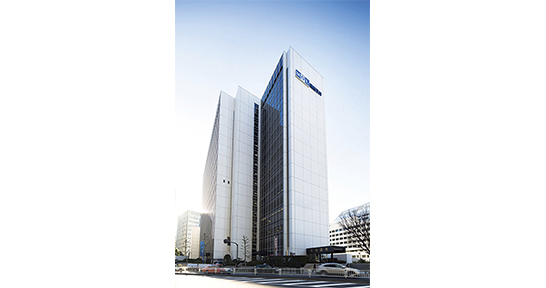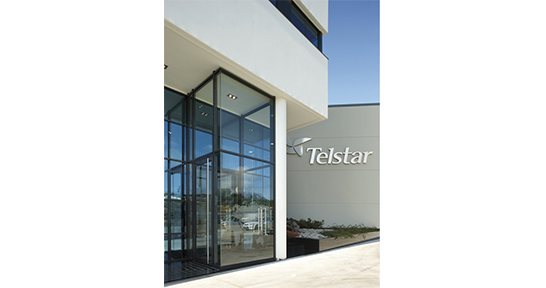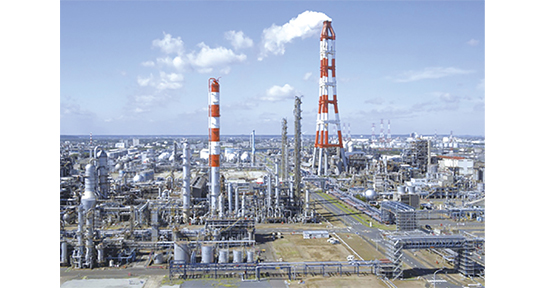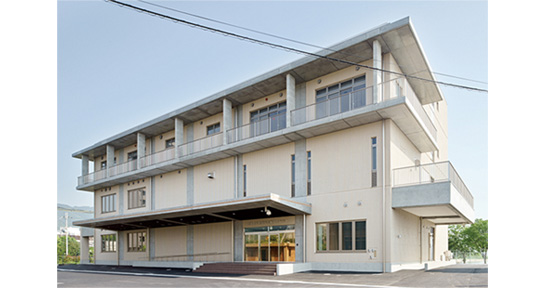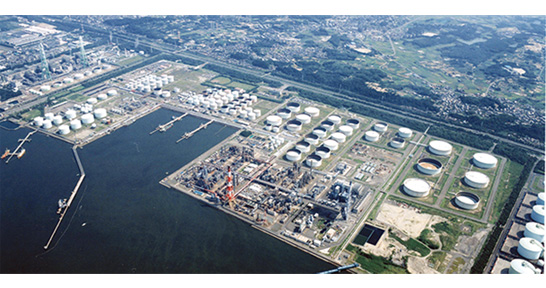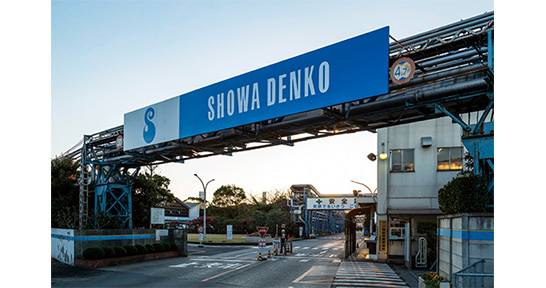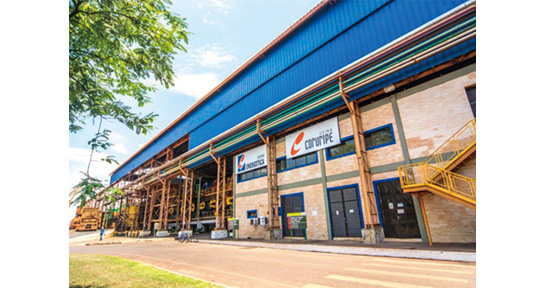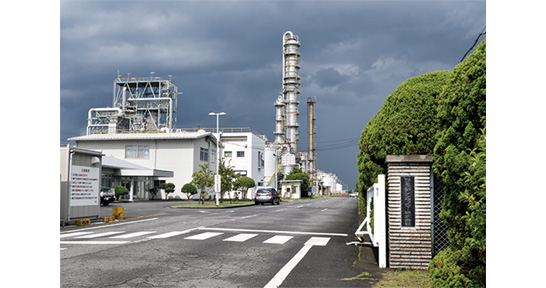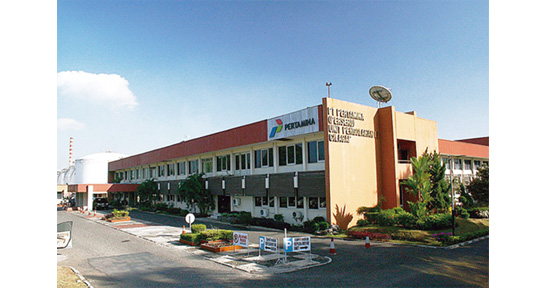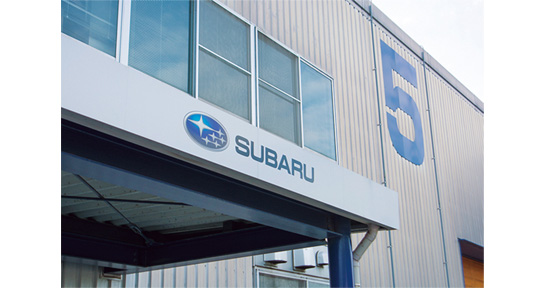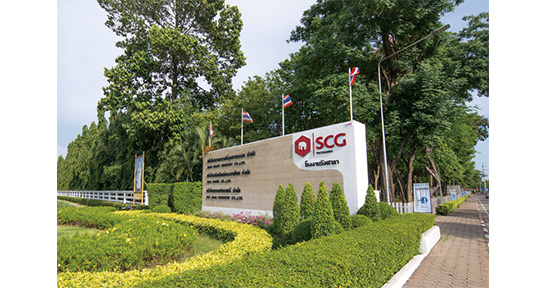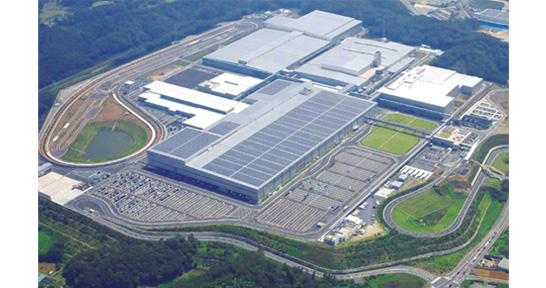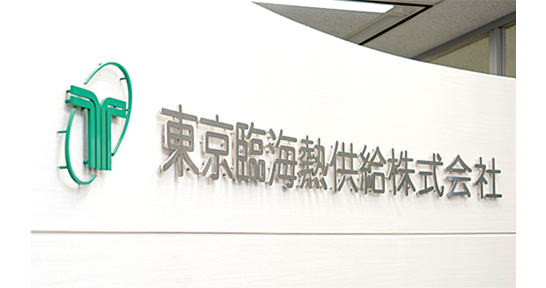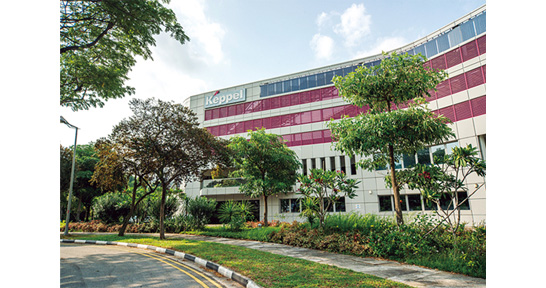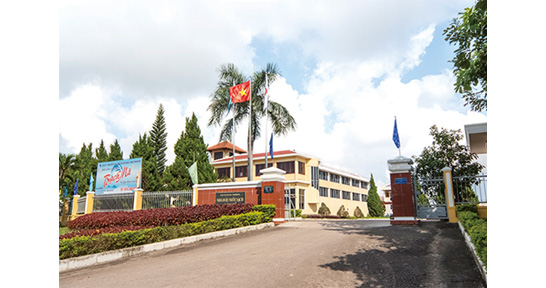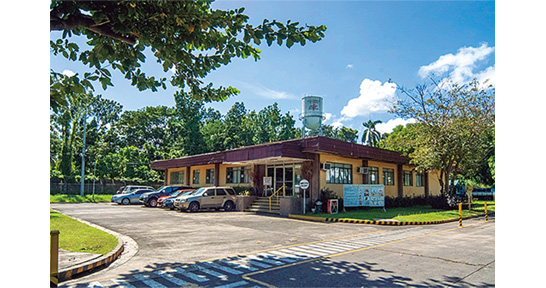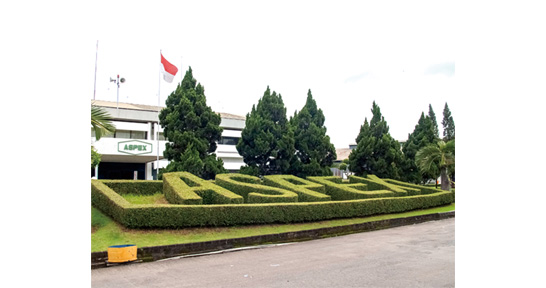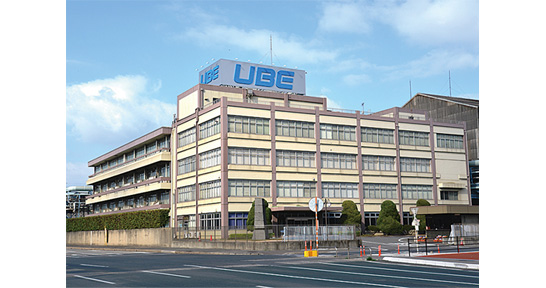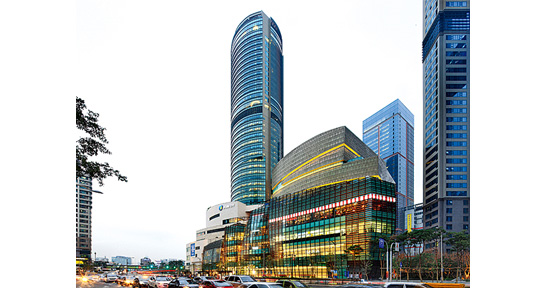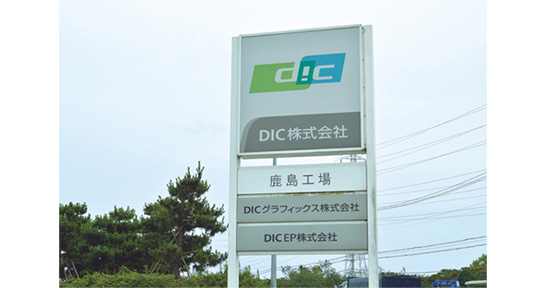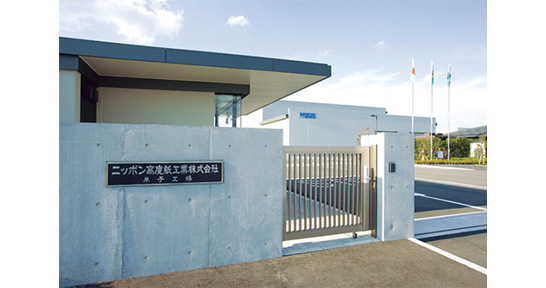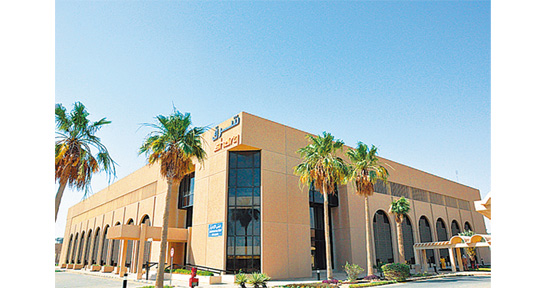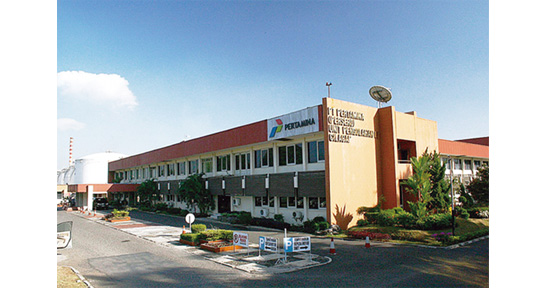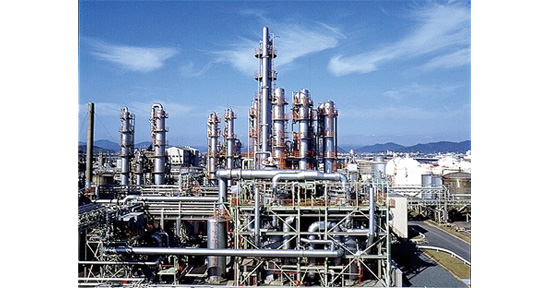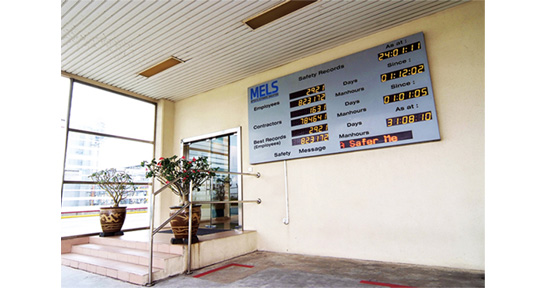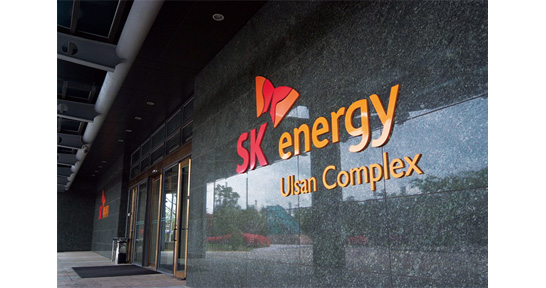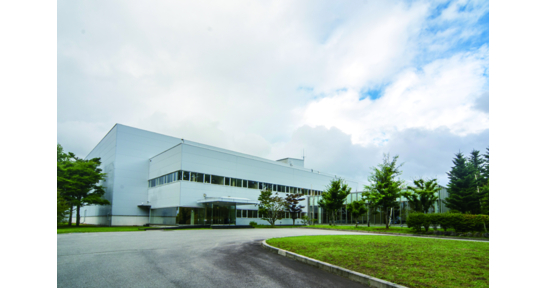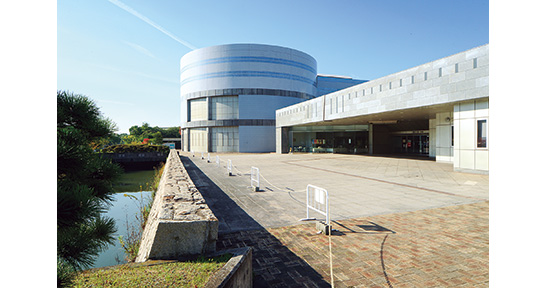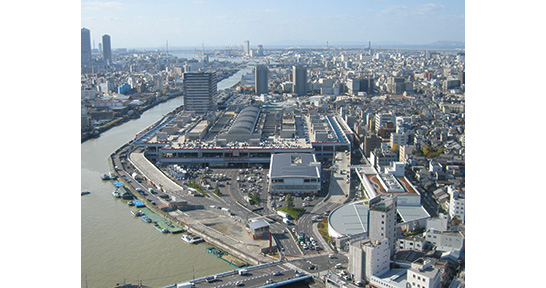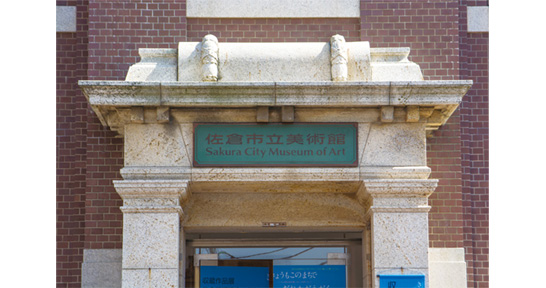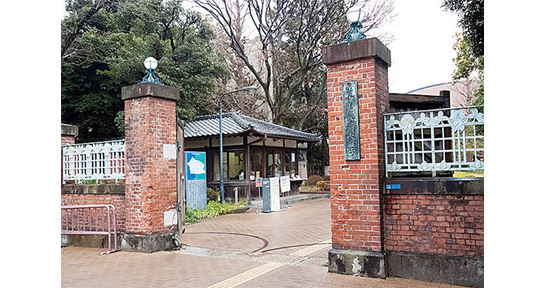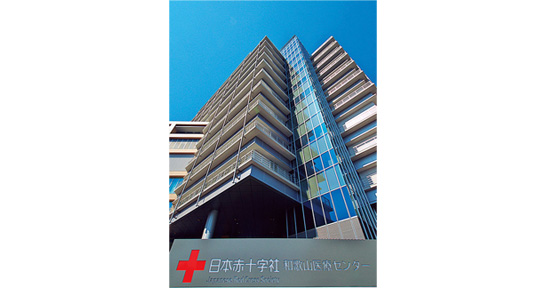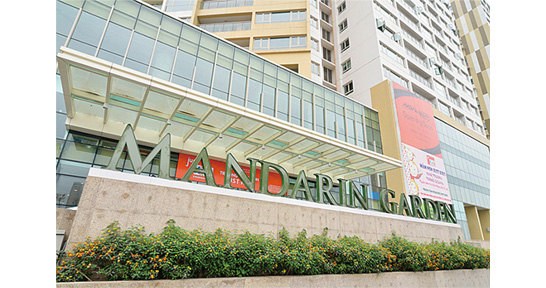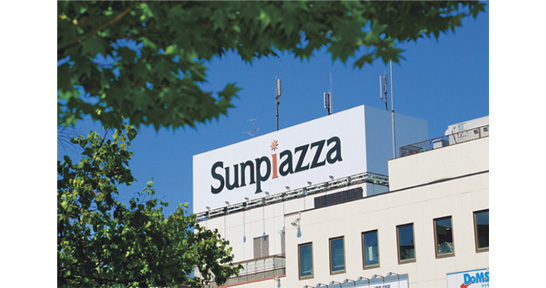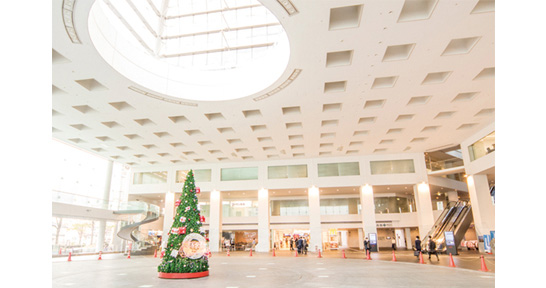Changi DCS Plant
Changi Business Park is a business district in Singapore, where forward-looking businesses such as knowledge-intensive enterprises, high-tech businesses, and financial data centers are located. At the Changi DCS Plant, which supplies chilled water to the air conditioning systems of the buildings located in this business park, the monitoring and control system was recently revamped with the aim of further improving continuous stability of the chilled water supply. By installing a new, easy-to-use system, the Plant has achieved significant improvement in reliability of equipment operation.
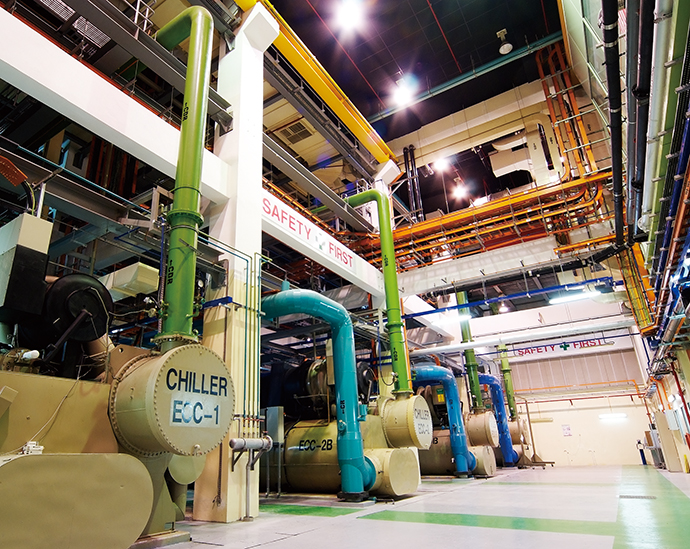
Changi DCS Plant
Factories and Plants Other (Markets and Industries) Reliable Operation Operation Improvement Industrial Automation Control and Monitoring Systems and Software Flowmeters
Products/Services Provided
A project to strengthen monitoring and control performance to respond to increased users
Situated almost at the center of Southeast Asia and right on the equator, Singapore has prospered as a base of East-West trade since long ago. In recent years, companies in mainly developed nations including Japan have been actively injecting capital into Singapore to take advantage of its geographical superiority.
Changi Business Park is located adjacent to the area that houses Changi Airport, Singapore’s gateway for air travel. The development of this business park is still underway. In the site measuring about 66 hectares in total, about a dozen buildings have already been constructed, and companies, mainly those in the fields of high-tech businesses, research and development divisions of multinational companies, as well as the data management departments of financial institutions, have begun operation.
The district cooling system (DCS)*1 of the Changi DCS Plant provides chilled water for the air conditioning systems of the buildings located in Changi Business Park. It boasts a refrigeration capacity of 30,000 refrigeration tons (RT) to ensure stable and continuous supply of chilled water to the buildings. Keppel DHCS that developed, installed, and operates the plant is known as the largest DHCS*2 provider in Singapore. The company not only provides district cooling service to Singapore’s major business parks such as Biopolis and Woodlands, but also actively conducts business relating to district heating and cooling systems (DHCS) in various parts of the world.
“Since the Changi DCS Plant began operation in 2000, we have done everything to ensure reliable monitoring and control of the equipment including the refrigeration system in order to maintain stable and continuous supply of chilled water to customers in the area. However, as the development of Changi Business Park progressed and the number of companies operating in the park increased, in 2008 we began realizing the need to revamp the monitoring and control system,” said Mr. Ng.
Responsive support essential for stable and continuous supply of chilled water 24/7
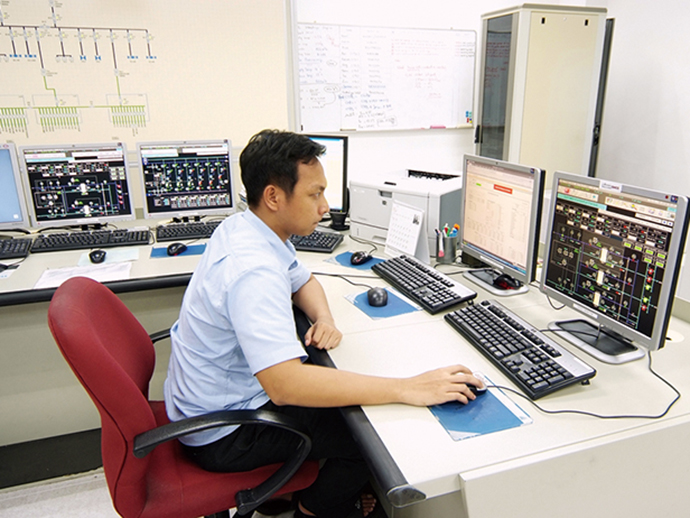
The Harmonas-DEO installed in the monitoring room enables centralized monitoring and control of chillers and other equipment in the plant.
In addressing the issue described above, Keppel DHCS began examining the upgrade of the existing monitoring and control system at the Changi DCS Plant. After thorough and detailed examination, Keppel DHCS decided to install the Harmonas-DEO™ (Harmonized Automation System - Dependable Open) system proposed by Azbil Singapore Pte. Ltd. (ASG), a member of the azbil Group.
“We worked with ASG as partners for the DCS plant projects for Biopolis and Woodlands. We were very satisfied with the quality of ASG’s Harmonas-DEO and other products as well as its support service,” said Mr. Ng.
“DCS plants must guarantee stable and continuous supply of chilled water 24 hours a day, every day of the year. Thus, reliability of the plant and the system is the most important requirement from a business perspective. With ASG, we can rest assured of prompt response in the shortest possible time should a problem occur,” said Mr. Tan.
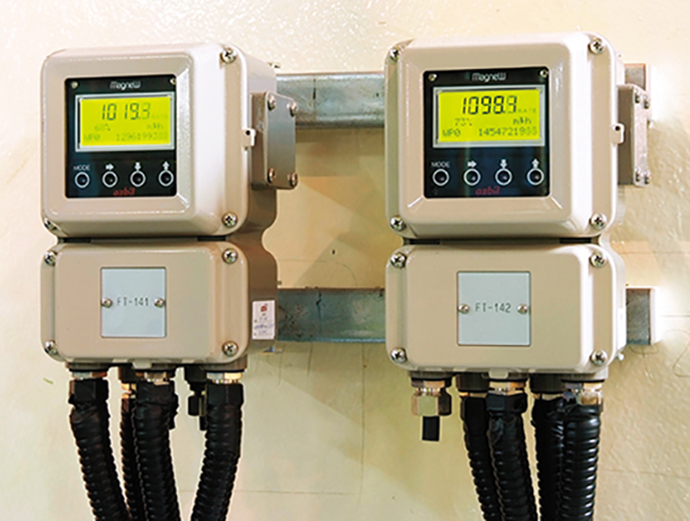
Yamatake's MagneW™3000 electromagnetic flowmeters measure the flow of chilled water and coolants.
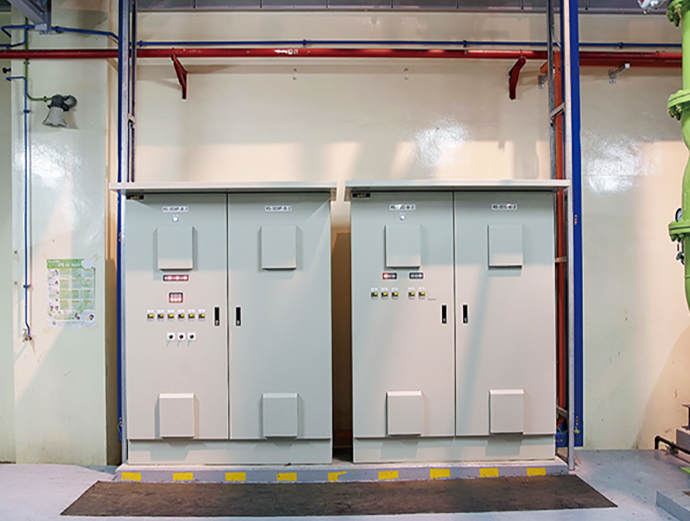
Control panels were newly installed in the plant. Cabinets store the controllers that control the chillers, pumps, and other equipment.
Easy data retrieval and processing contribute to reduced work hours
The Harmonas-DEO system was installed and set up during the period from 2009 to 2010. For effective utilization of assets, Keppel DHCS decided to continue using the existing monitoring and control system. All information collected by the existing system is transmitted to the Harmonas-DEO system. The newly installed control instruments and controllers are directly monitored and controlled by the Harmonas-DEO system. Furthermore, redundant design was adopted to further improve the operational reliability.
“Installation of the Harmonas-DEO system has significantly improved the visibility of information and the ease of performing monitoring and control tasks. There is another major advantage of the system: it enables us to retrieve necessary data and process it easily. For example, COP*3 data can be automatically computed in multiple patterns, thus contributing to reduced work hours. Furthermore, we have realized an efficient workflow for transmitting data from the Harmonas-DEO system to the ERP*4-based system for processing fees charged to customers. We highly evaluate the Harmonas-DEO system’s capabilities to enable easy linking with other systems and to maintain high data accuracy,” said Mr. Poh.
Also installed in the Changi DCS Plant is Yamatake’s TSS (Thin client Supervisory Server) server/client system which allows monitoring and control in a multiclient environment. Since the Biopolis and Woodlands DCS Plants are already equipped with the Harmonas-DEO system, Keppel DHCS has constructed a system that allows remote monitoring and control of all three DCS plants from any of the three locations.
“For instance, if an abnormality should occur in the Changi DCS Plant and the operator must leave the control room to go to the plant to take response action, he or she can ask the operator at the Biopolis or Woodlands DCS Plant to remotely monitor and control the equipment at the Changi DCS Plant temporarily via TSS,” said Mr. Poh.
Keppel DHCS plans to further enhance the system for stable and continuous supply of chilled water so that the Changi DCS Plant can respond to the growing need resulting from the increased number of buildings constructed in the business park in the future.
DCS plants contribute to customers’ energy reduction efforts. Now, we plan to achieve energy conservation in the plants themselves. To that end, we look forward to the support of the azbil Group that boasts expertise in the energy-saving field and advanced technology development capability,” said Mr. Ng.
Note: Some of the information for March 2012 and earlier may use the former names of azbil Group companies.
glossary
*1 DCS (District Cooling System)
A system which supplies chilled water from a centralized supply facility (plant) to a group of buildings in a district through its underground pipe network for the buildings’ space cooling. This system is used in tropical and subtropical regions where heating is not necessary.
*2 DHCS (District Heating and Cooling System)
A system which supplies chilled water, hot water, and steam from a centralized supply facility (plant) to a group of buildings in a district through its underground pipe network for the buildings’ space cooling and heating as well as for hot water supply. Since this system eliminates the need for the installation of heat source facilities in individual buildings, it is expected to save energy and reduce environmental impact.
*3 COP (Coefficient Of Performance)
A COP is a numeric value that expresses how much energy is output from a given amount of energy input to the equipment. It is the ratio of the quantity of heat generated by the heat source equipment to the total energy consumed by the equipment. (Primary energy equivalent of heat source equipment and other equipment)
*4 ERP (Enterprise Resource Planning)
A method or concept that aims to improve management efficiency by comprehensively managing the management resources of an entire company to achieve effective utilization, as well as IT systems and software designed to realize such method or concept.
Learn about the customer
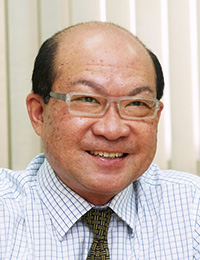
Chief Executive Officer

General Manager
(Operations)

Senior Manager
(Business Development)
Changi DCS Plant
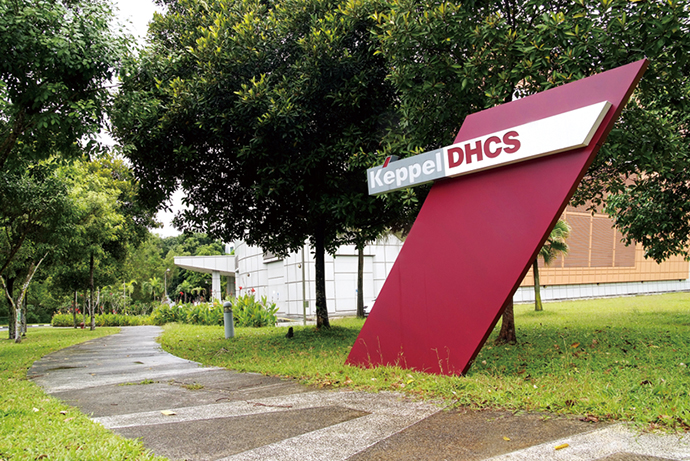
Keppel DHCS Pte Ltd
Keppel DHCS Pte Ltd
- Location: 48 Changi Business Park Central 2, Singapore 486067
- Founded: 1998
- Business scope: Development, construction and operation of district heating and cooling systems and facilities
This case study was published in the January 2012 issue of the azbil Group's corporate magazine, azbil.

